ETHIOPIA’S KEY TOURIST DESTINATIONS CLEARED FOR SAFE TRAVEL"
Interesting Facts about Ethiopia

15 Interesting Facts About Ethiopia
1. The Ethiopian calendar is different from the Georgian calendar. There are thirteen months in the Ethiopian calendar, which means they are currently in 2014.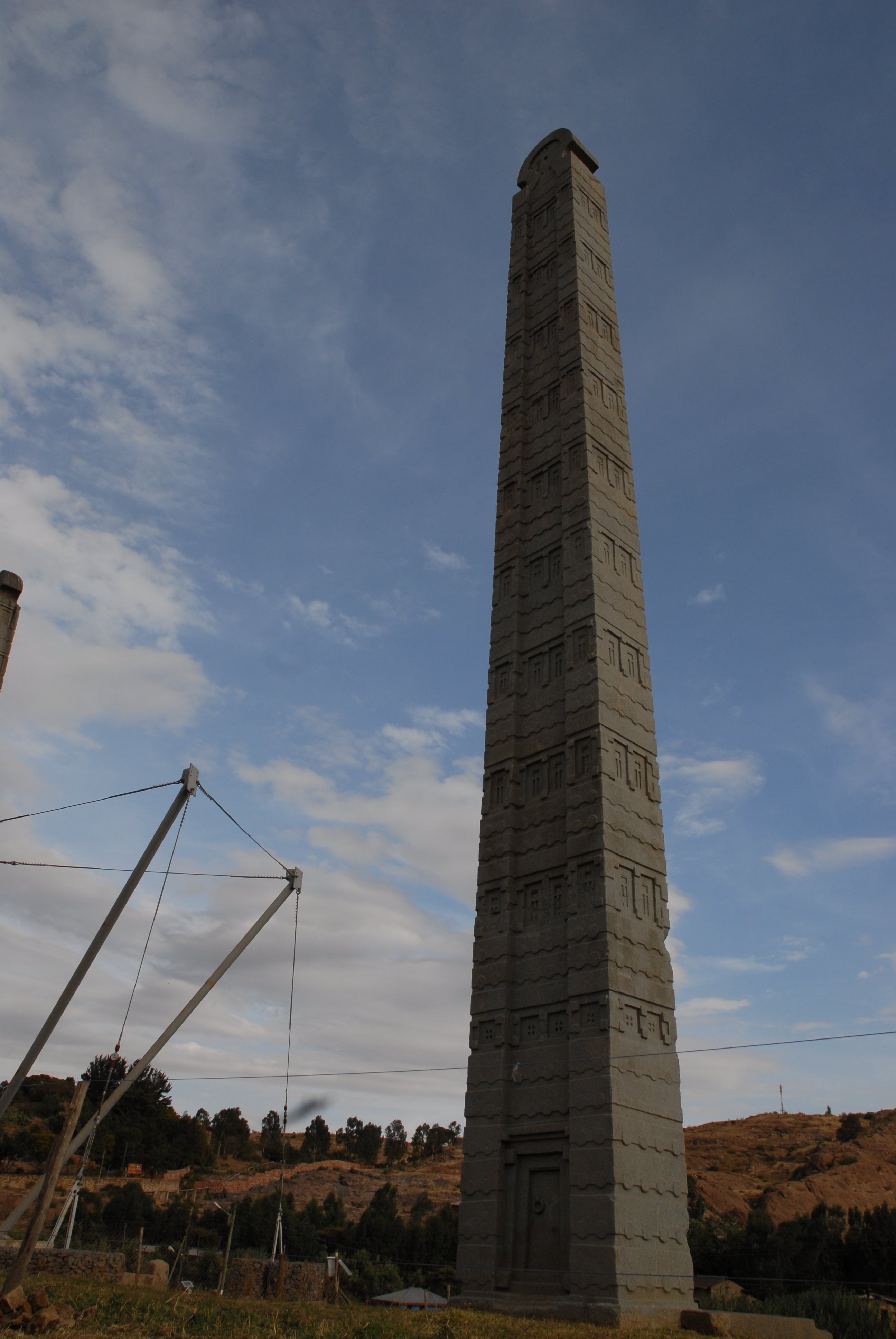
2. Ethiopians also measure the hours of a day to a different schedule based on the logic that the clock starts when the day does. Ethiopia, however, observes 13 calendar months per year. This makes the Ethiopian calendar 7 years behind the rest of the world.
3. Ethiopia is the only African country never to have been brought under colonial rule. The Italians tried but failed woefully and were defeated by the solid Ethiopian forces.
4. Ethiopia has the world's oldest Bible and the most unique.
5. Ethiopia is home to one of the world's best coffee. In fact, coffee production is huge in Ethiopia.
6. According to some archaeological findings, Ethiopia is the cradle of humankind. Meaning life actually started in Ethiopia.
7. In 1960, an Ethiopian named Abebe Bikila became the first Black African to win gold in the Olympics. He won it by running barefoot.
8. Addis Ababa's name translates to ‘New Flower’ in Amharic. The city is one of the oldest cities in the world.
9. Ethiopia is home to some of the world's tastiest, healthiest and most diverse cuisines on the continent of Africa.
10. The biggest festival in Ethiopia, Timket, is a three-day annual festival that honours the baptism of Jesus Christ in the river Jordan. It's one of the world's largest festivals that takes place annually. The festival attracts millions of people from all over the world.
11. Ethiopia has the most UNESCO World Heritage Sites on the continent. Ethiopia takes first place as the African country with the most UNESCO World Heritage sites. There are 9 total ranging from religious sites to natural areas. Among them are the Simien National Park, Konso Cultural Landscape and the rock-hewn churches.
12. Over 83 languages are spoken in Ethiopia. There are over 80 languages spoken with English being the language of educational systems in addition to local languages which include Oromo, Amharic, Somali and Tigrinya.
13. Over half of Africa’s mountains are in Ethiopia. Along with Ethiopia’s incredible cultural and historical significance, the natural beauty is in a league of its own. In addition to a gorgeous landscape of low desserts and volcanic plateaus, Ethiopia is incredibly mountainous. In fact, around 70% of Africa’s mountains are in Ethiopia.
14. Ethiopia is Africa’s oldest country. Originally founded in 980 BC, Ethiopia is the oldest independent nation on the continent. Additionally, Ethiopia has remnants of some of the most ancient human beings on earth dating back millions of years making it one of the most important archaeological areas in the world. Not only that, but it is the second most populated country with more than 106 million people.
15. Ethiopia is the only country in the world with its own unique Alphabet.
Further Reading
Nestled near Asebot and Awash National Parks, Beynouna Village is a prime destination for sustainable eco-tours in Ethiopia. Offering an authentic experience of Ethiopia’s rich biodiversity—from Asebot’s unique wildlife to Awash’s lush landscapes—this lodge invites visitors to explore nature responsibly.
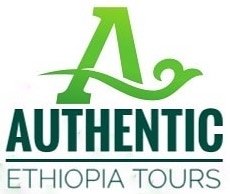




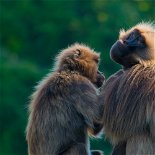
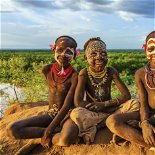
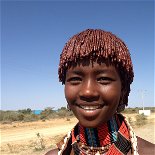
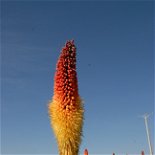
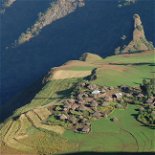
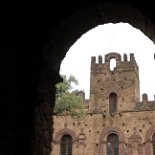
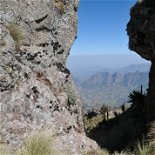
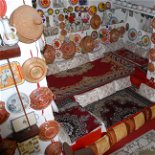
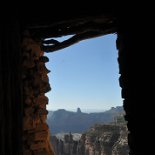
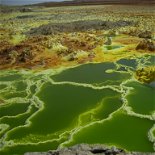
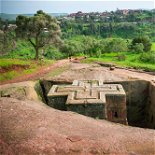
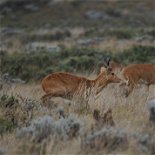
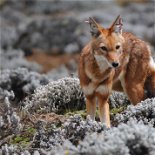
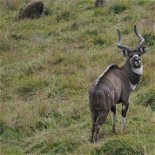
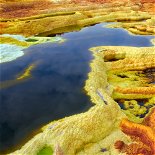
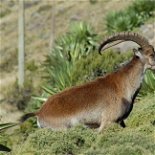
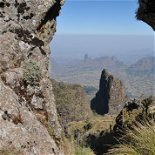
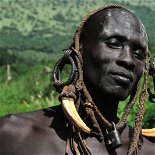
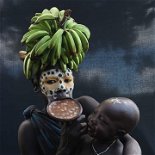
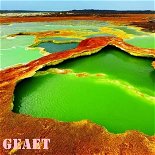
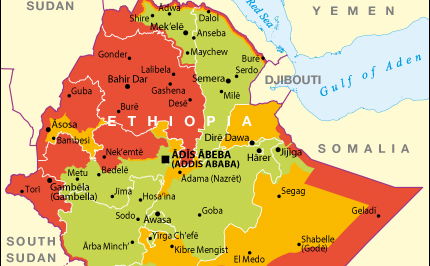
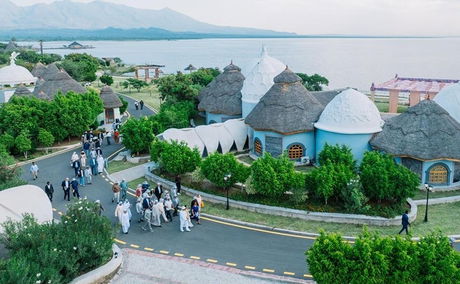
Share This Post